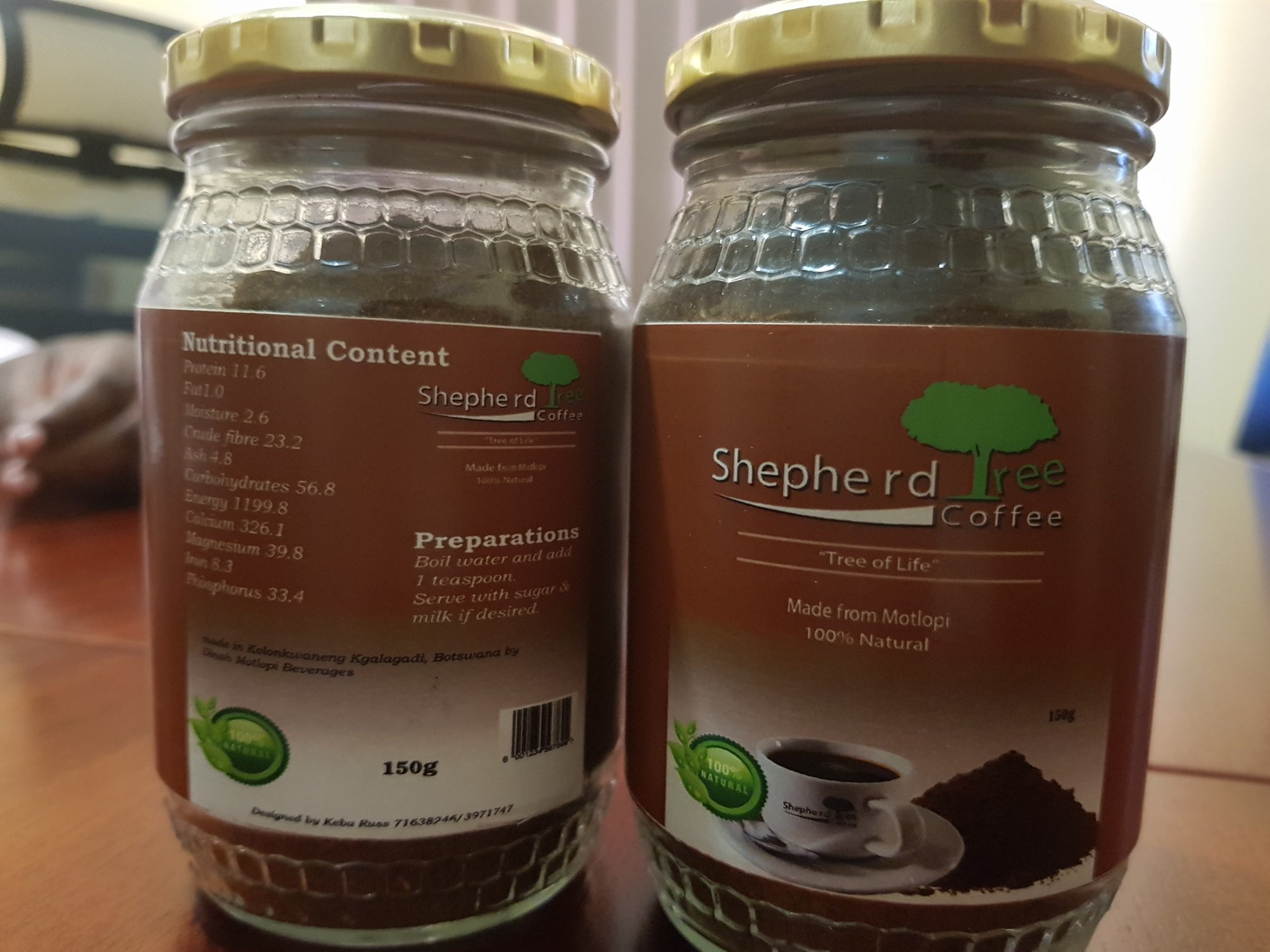“Information
and knowledge management: Towards
the attainment of Sustainable Development Goals and Knowledge-based Economy”
Date: 17-19 April, 2019
Host: Department of Library and
Information Studies, University of Botswana
Venue: University of Botswana
Call for papers
You are cordially invited
to submit a paper to the 3rd Biennial DLIS Conference to be held from 17-19
April, 2019 in Gaborone at the University of Botswana Conference Center. The
theme of the conference is “Information and Knowledge Management: Towards the Attainment
of Sustainable Development Goals and Knowledge Based Economy”.
Of late, Sustainable Development
and Knowledge-Based Economy are two global priorities that are highly debated
at each forum of development. Knowledge-Based
Economy is key to Sustainable Development. The knowledge-based economy refers
to an economy in which growth is dependent on the quantity, quality, and
accessibility of the information available, rather than the means of
production. In the knowledge based society, sustainable development should be
attained through creation, generation and application of new knowledge.
The 2019 Biennial DLIS
conference aims at discussing the whole spectrum of records, information and
knowledge management that will help individuals and organizations to be at a
competitive edge in the global knowledge economy and be able to achieve the Sustainable
Development Goals (SDGs).
This conference will be a platform
and opportunity for researchers, industrial practitioners, academia,
information scientists, librarians, archivists and innovators to share their
experiences in diverse aspects of records, information and knowledge management
including innovation knowledge solutions. The conference will further provide
an excellent interdisciplinary forum to discuss the most recent approaches,
concerns and practical challenges at all stages of the knowledge lifecycle.
All submitted papers will
be subjected to double-blind peer review process. We are working towards
indexing the proceedings in Google Scholar, Scopus and Thomson Reuters. All
participants will be given a certificate of attendance and a copy of conference
proceedings.
Conference Sub-Themes:
§ Revenue generation
and knowledge economy
§ Knowledge and
information management for sustainable growth
§ ICTs, innovation and
sustainable economic development
§ Training, Education
and sustainable development
§ Libraries as
platforms for achieving SDGs 2030
§ Well
Educated Citizens and the role of Science, Technology and Innovation for a
knowledge society
§ Quality information,
quality education lifelong learning and society empowerment
§ Quality education
and life-long learning through quality information
§ Competitive
Intelligence, sustainable growth and development
§ Health informatics
§ Information systems
in the twenty-first century
§ Information and
knowledge ethics
§ Legislative, Regulatory
and policy frameworks for records, information and knowledge economy
§ Records management
and citizens’ rights
§ Poverty eradication
and sustainable development
§ Information
Management in the Agriculture sector
§ Open and distance
learning
§ Indigenous knowledge
system
§ Case-Studies from
Industry
§ Other related topics
on the theme
Abstracts should include:
- An abstract of approximately 300 - 500 words.
- A summary of the author(s) details (name,
institution, position) and brief biographical statement of no more
than 50 words.
Important dates:
§
Submission
of Abstract: 16 July, 2018
§
Acceptance
note: 6 August, 2018
§
Complete
papers due: 3 November, 2018
§
Notification
of acceptance of full paper: 21
January 2019
§
Camera
ready papers: 25 February 2019
Conference
Registration Fees:
§ Author/Other Delegates - Early Fee until 28 February
2019: US$ 300
§ Author/Other Delegates - Standard Fee:
US$350
§ Poster/Students: US$100
§ Exhibitions: US$250 per
person inclusive of meals
All Conference Proceedings
will be published in a book form.
Information on Travel and accommodation will be provided later
 This coffee is a product made by a Motswana woman from Kolonkwaneng. It's made from Motlopi (Shepherd Tree).You can get yourself one for only P25.00 at my book launch on September 7th.Only locally made products will be sold at the stalls.Venue will be announced by Friday.
This coffee is a product made by a Motswana woman from Kolonkwaneng. It's made from Motlopi (Shepherd Tree).You can get yourself one for only P25.00 at my book launch on September 7th.Only locally made products will be sold at the stalls.Venue will be announced by Friday.





